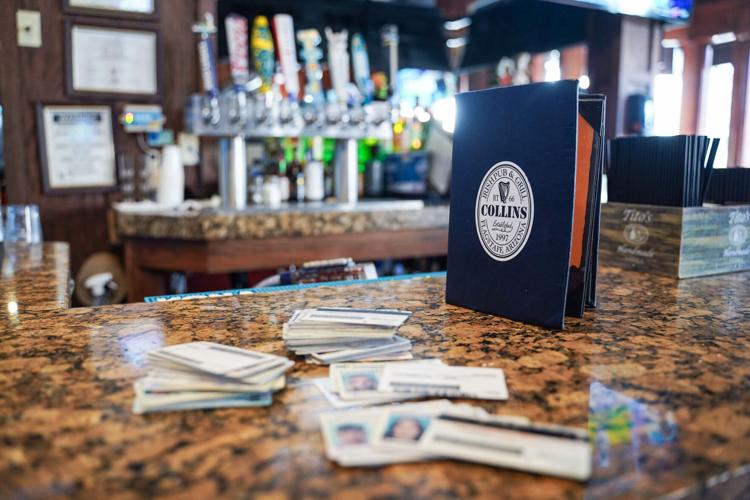How to Save Money When Studying Abroad in London?

The cost of studying abroad in London is relatively high. Nevertheless, London still attracts countless international students every year. The reason is that London has many world-class universities, convenient transportation networks, diverse culture, and colorful recreational activities that are particularly English. All of these factors add to London’s charm. Although London’s living costs are relatively high, there are still various ways to save money. The article has summarized 4 tips for international students to fully enjoy London life without much money. If it is your first time to come to London, these methods are worth knowing in advance.
Accommodation
Accommodation is one of the biggest expenses when studying in London. If you have a very generous budget, you can choose high-end luxury 1-bedroom or 2-bedroom apartments in the city centre. If you want to save more on rent, you can choose to rent student flats London on the uhomes.com rental platform, which is much cheaper than other sources. The utility bills are included in most student flats, and there’s even no service fee in some flats. It is recommended that you choose an en-suite room or non-en-suite room away from the city centre, which are the cheapest room types, but you need to share the bathroom, kitchen, and living room with other roommates. For example, the monthly rent for a high-end luxury 1-bedroom apartment in the city centre is around £2,178, while a single room near the Imperial College London or University College London on uhomes.com only costs about £1,408.
Food
Food is also an essential expense for everyone. If you often eat out, it will be really expensive (at least £20-80) due to the high cost of British labor. Therefore, students who want to save money had better cook it independently. Going to the supermarket to purchase the ingredients (only £50/week) is a crucial step. Supermarkets of large scale are located all over the city, offering everything from daily necessities to food. You can shop at affordable supermarkets, like Lidl, Aldi, Morrisons, Co-op, and WHSmith. It would be wise to work up the menu for the next week in advance and make a shopping list to avoid buying too much and resulting in waste. By the way, there are many tips to save money when going to the supermarket in London:
- There are many discounted products (with yellow labels) 1 hour before the supermarket closes.
- You are advised to apply for a supermarket membership card to get rebates or discounts.
- You had better buy those products with no brands. The prices are relatively low, but the quality is not affected.
Transportation
No matter the mode of transport you choose, there are some practical ways to save money.
- By train: Train tickets in the UK are not cheap, but for teenagers aged 16-25 (full-time students aged over 25 are also eligible), you can buy a Railcard and enjoy a 30% discount when purchasing train tickets! Via Railcard, you can buy electronic tickets online or paper tickets at the train station. It costs £30 per year.
- By tube or by bus: It is highly recommended that you apply for an Oyster Card in London. You can apply at any London Underground station and only need to pay a deposit of £5. It is an electronic card used to pay for all types of public transportation, including buses, subways, DLR, TFL railways, etc. This card is very suitable for students and workers who commute. Use your Oyster card to enjoy a 10% discount on public transportation! (Oyster card can also be bound to Railcard, which is not only easier to carry but also offers greater discounts, including a 30% discount! You can ask the staff at the subway station to help bind it. Remember to show both the Oyster card and Railcard simultaneously!)
- By car: In the UK, second-hand cars are relatively cheap, ranging from £100 to £2,000. Many international students here choose to purchase second-hand vehicles at about £1,000.
- By bike: Renting a bike in London is convenient and affordable. For example, Santander Cycles is one of the most extensive public bicycle rentals in London, available 24 hours a day, 365 days a year, with 800 docking stations and 12,000 bicycles across the city. Compared with London’s relatively expensive public transportation, bicycle travel is also an environmentally friendly and money-saving solution.
A Part-time Job
There are few classes in British colleges. With 1 to 2 days of rest, you can do part-time jobs to earn money, improve your working experience, and learn about British customs. For example, you can prepare a resume using a part-time CV template and go to the counters of major brands to hand it over to them. Many brands will recruit part-time students during Summer Sales or Boxing Days. The income is considerable. The UK allows international students to work 20 hours/week on weekdays and 40 hours/week on holidays. Therefore, if calculated based on the British minimum hourly wage of £8.36, students can earn £167 a week.
Conclusion
In conclusion, saving money requires some plans and efforts, but it does not mean sacrificing the quality of your study life. Proper planning and wise choices will help you save money and enjoy rich academic and cultural experiences while studying in London.




